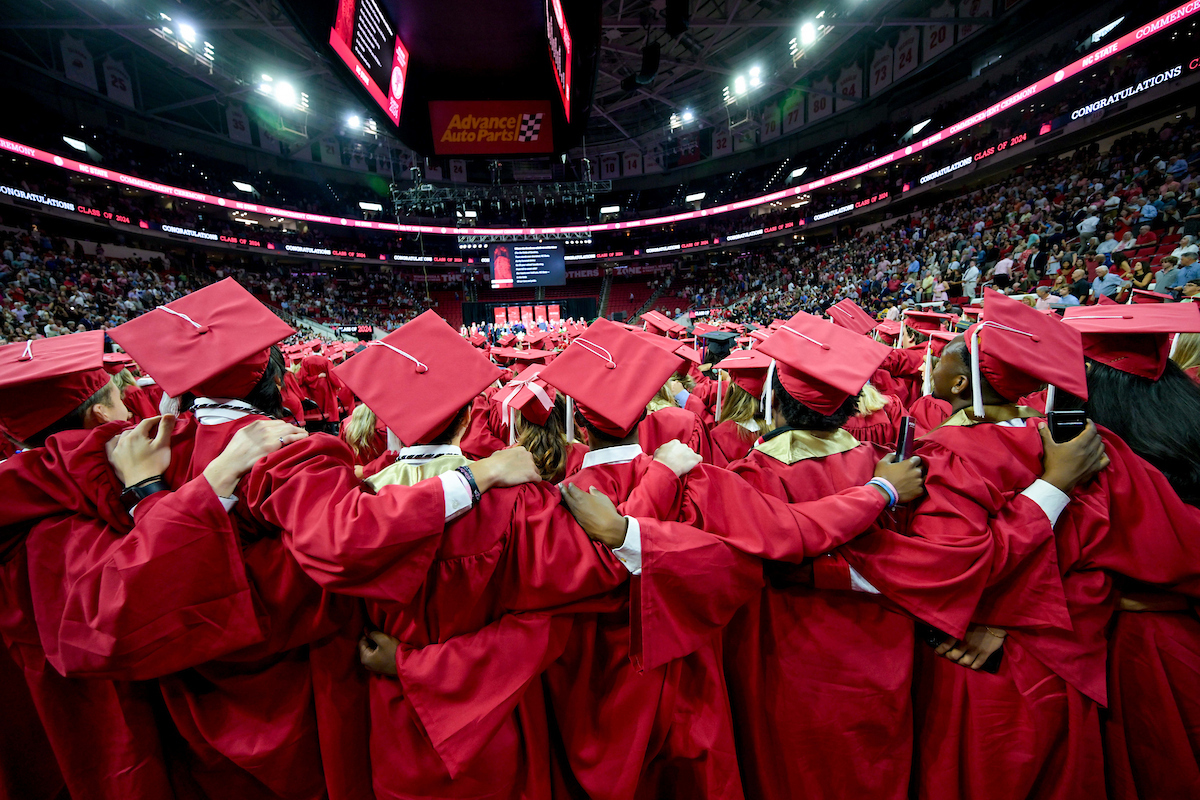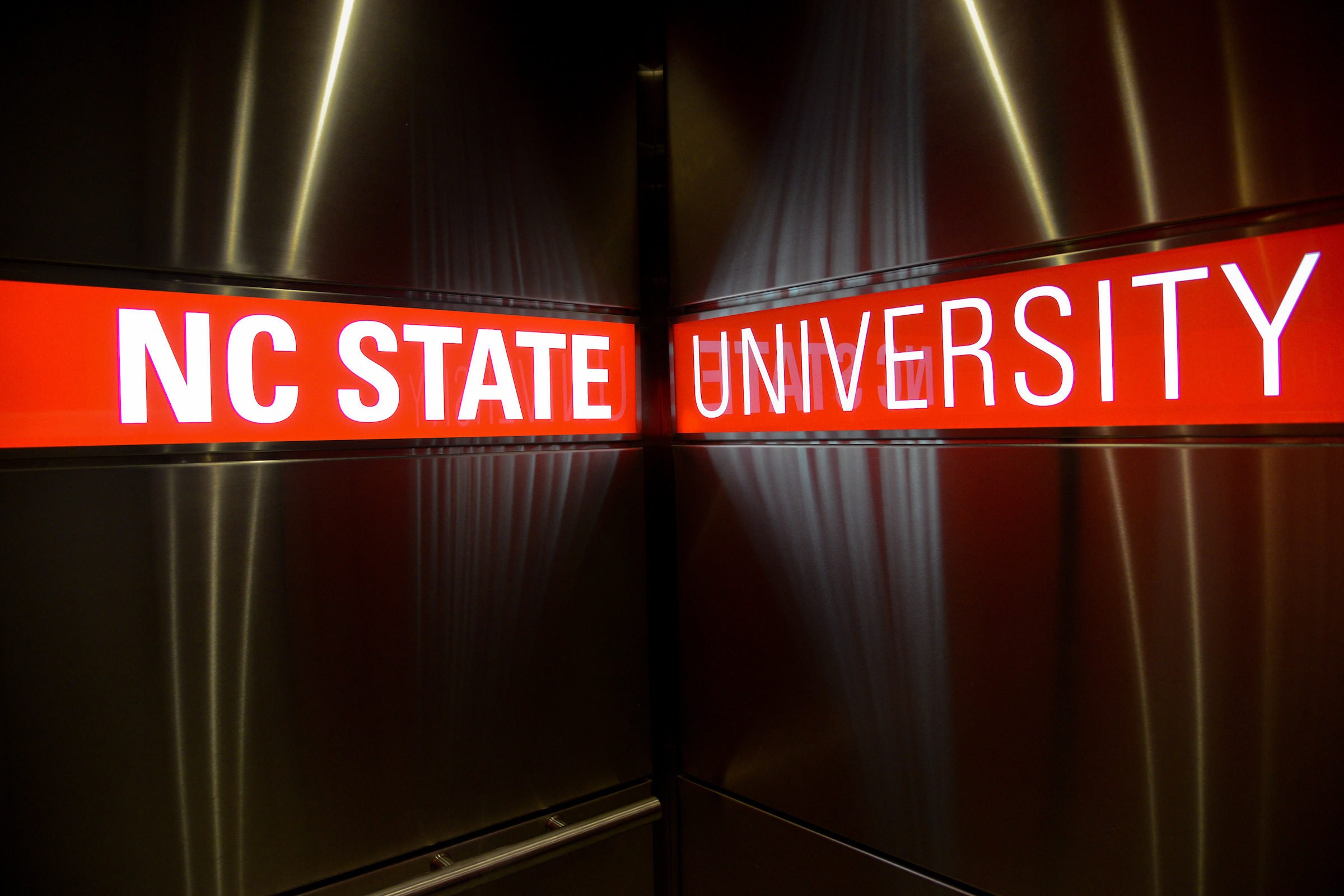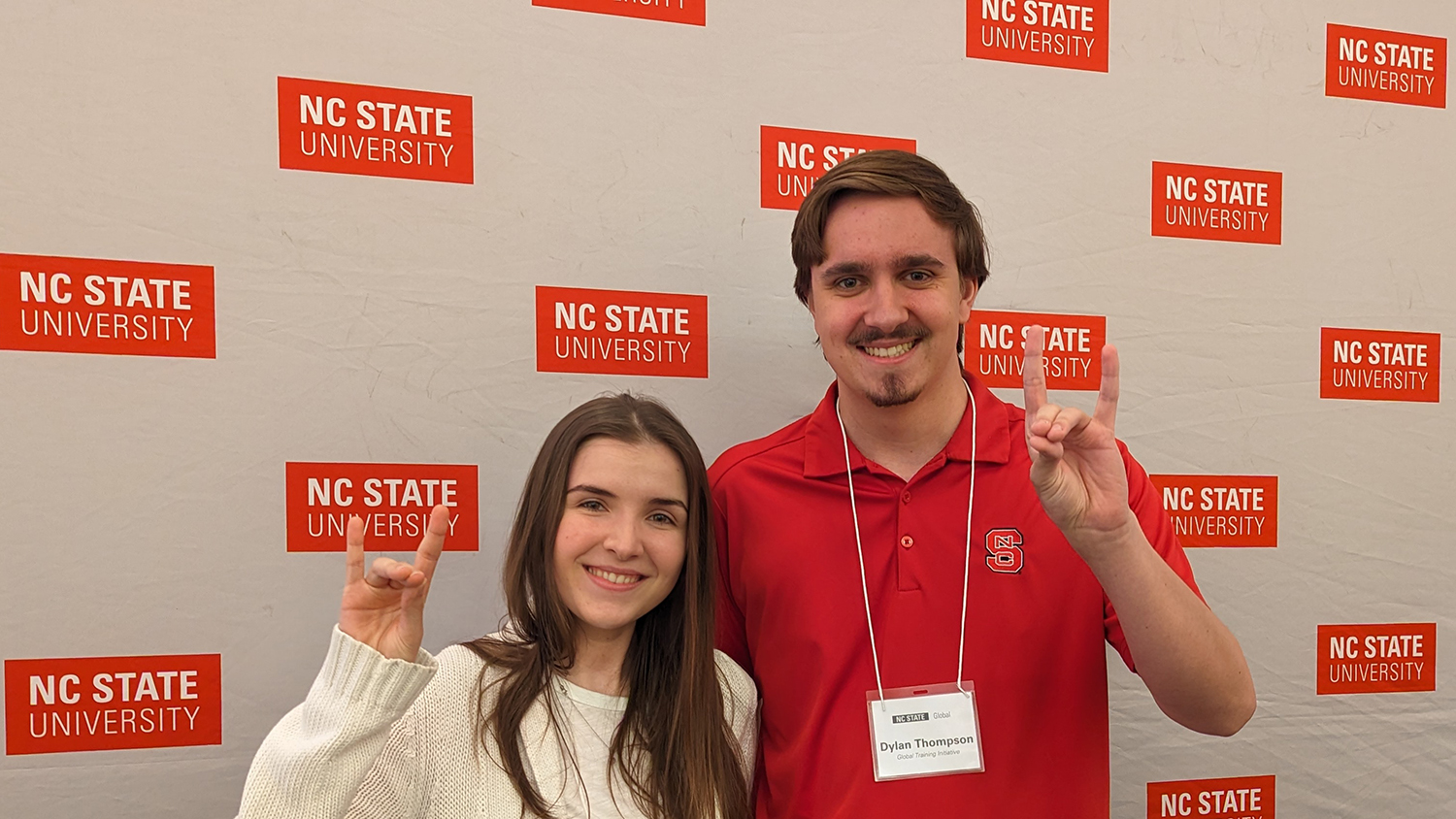Commencement season is upon us, and the GTI proudly celebrates the accomplishments of our undergraduate and graduate student workers who have demonstrated intellectual curiosity and a commitment to excellence in their work with us as well as throughout their academic journeys. The Class of 2025 is poised to make meaningful contributions as they move on to the next chapter of their lives, so we want to take the time to thank and celebrate each one of them.
Helena Calzada Rico, Master of International Studies
After graduation, Helena plans to keep working on the international higher education field, either in the United States or anywhere else in the world.
What did you enjoy the most about your role?
I was a graduate assistant who helped with a many of the in-person programs, and I enjoyed interacting with students from all over the world. As an international student, working for the first time in the United States was challenging on its own, but having to navigate many different cross-cultural interactions was an added challenge that definitely helped me further develop my own cultural competence.

What did you learn about your own culture and/or your cultural competence?
I am originally from Spain, and my work at GTI has made me realize so many things about my own culture that I thought were the norm before I came here. That is another thing I have loved about interacting with so many diverse people; it has definitely made me more self-aware of Spanish culture and, at the same time, it has allowed me the chance to get to know so many other ways of living and understanding the world.
Allison Dobyns, B.S. Industrial Systems Engineering
After graduation, Allison will be a Quality Engineer at GKN Automotive in Newton, NC.
What did you enjoy the most about your role?
I was a GTI student intern, working to promote the Developing Cultural Competence program. I mostly enjoyed the amazing opportunities I had to interact and cultivate relationships with people from all over the world, making a positive impact on their experience with us. I also deeply enjoyed my opportunity to facilitate DCC. I had been promoting DCC for two years, had gone through the program myself, and really wanted the chance to facilitate it for myself.
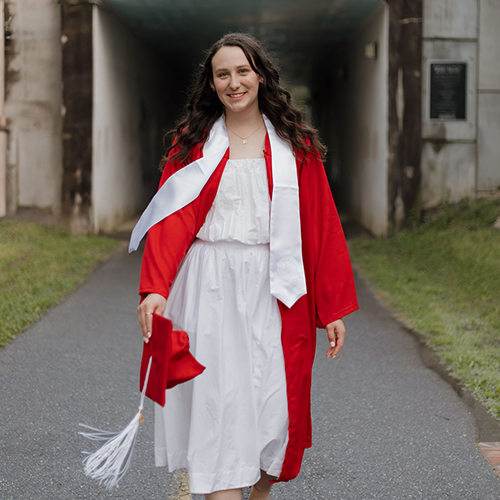
What did you learn about your own culture and/or your cultural competence?
I learned that even though my culture may seem very common and mundane to me, it is an important part of my identity and certainly means something. I have also learned so many viable skills to interact cross culturally with others from different cultures, especially in the work place. Going to an international company post graduation, these skills will help me tremendously.
Jeannene Matthews, M.A. Linguistics
After graduation, Jeannene will be a staff researcher in speech science at the UNC Adams School of Dentistry.
What did you enjoy the most about your role?
I was the graduate assistant for the ELT Azerbaijan certificate program as well as a DCC facilitators. For the ELT program, I enjoyed seeing first-hand how dedicated teachers were to their students and their profession. They work so hard after their work day to attend our program and it is inspiring to see how much professional growth matters to them. I loved getting to know so many Peer Mentors, too! Their kindness is something I’ll always remember about them. For DCC, I enjoyed hearing people so willingly opt to be vulnerable and ask questions about cultural differences.
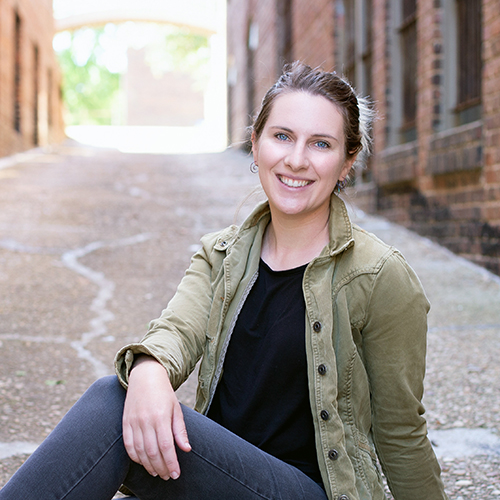
What did you learn about your own culture and/or your cultural competence?
I learned a lot about communication styles in other cultures I never would have been exposed to otherwise – as a linguistics student, this was especially fascinating to me. Also, working across many time zones and primarily by WhatsApp was hard to keep up with sometimes! Learning to manage 100+ zoom lectures was challenging at first – definitely something I never would have learned to do otherwise.
Mahtab Taban, Master of International Studies
After graduation, Mahtab plans to leverage her academic background and hands-on experience with GTI programs to pursue a strategic HR role that drives organizational growth and fosters inclusive, collaborative environments. She plans to focus on talent management, employee engagement, and organizational development, applying the analytical and cross-cultural competencies she developed such as facilitating cultural competence workshops to create settings where every individual can thrive.
What did you enjoy the most about your role?
I was the graduate assistant, helping mainly with the GEARS program. What I enjoyed most about this experience was the collaborative and dynamic environment. I relished the opportunity to work alongside dedicated professionals and motivated students, which sparked a continuous exchange of innovative ideas. Additionally, the role allowed me to enhance my organizational, cultural competency, communication, and project management skills an invaluable professional growth experience that I continue to draw upon in my career.
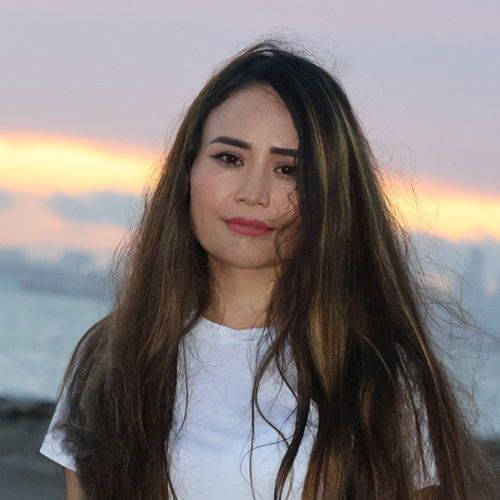
While the role was generally very flexible and smooth, there was one instance that stood out. I had early mornings consultation with GEARS students at 5:00 AM to review their poster drafts. Although it was challenging to be at my best so early, I quickly overcame it by adjusting my routine, going to bed earlier ensured I was well-rested and fully prepared for the meeting. This experience underscored the importance of adaptability and effective time management, even when the job offers flexibility.
What did you learn about your own culture and/or your cultural competence?
During my time with the GTI programs, I not only engaged with a diverse group of students and colleagues, but I also had the opportunity to facilitate a cultural competence workshop. This experience deepened my understanding of my own cultural identity and broadened my perspective on cross-cultural communication. Through interactive exercises and discussions, both participants and I were challenged to reflect on our own cultural identities and the diverse cultural narratives that shape our experiences.
This process helped me identify and address my own cultural biases, ultimately enhancing my ability to connect with people from various backgrounds. In addition to increasing my self-awareness, the workshop reinforced the importance of creating an inclusive environment where every voice is heard and respected. It made me realize that cultural competence is an ongoing journey, a continuous learning process that benefits both personal growth and professional collaboration. This hands-on experience not only enriched my communication skills but also strengthened my commitment to fostering diversity and inclusion in all aspects of my work.
Asha Thurman, M.A. English
After graduation, Asha plans to travel and then find a job in community organizing.
What did you enjoy the most about your role?
I was a DCC facilitator as well as a teaching assistant with the online research program for high school students. What I enjoyed most was being able to connect with the students and learn about their cultural perspectives. Seeing them navigate a new experience and being able to help them through a new environment, school, and community was rewarding.

What did you learn about your own culture and/or your cultural competence?
I learned that first is to have patience and curiosity when it comes to a introducing yourself to a new culture. It made me reflect on comments and assumptions people have made about my own culture in the past. I considered that maybe they weren’t being purposely hateful or mean, but perhaps they did not know or was misinformed. When it comes to cultural interactions especially new ones we must approach it with curiosity in wanting to learn but also patience in that cultural learning and understanding is an ongoing practice.
- Categories:
